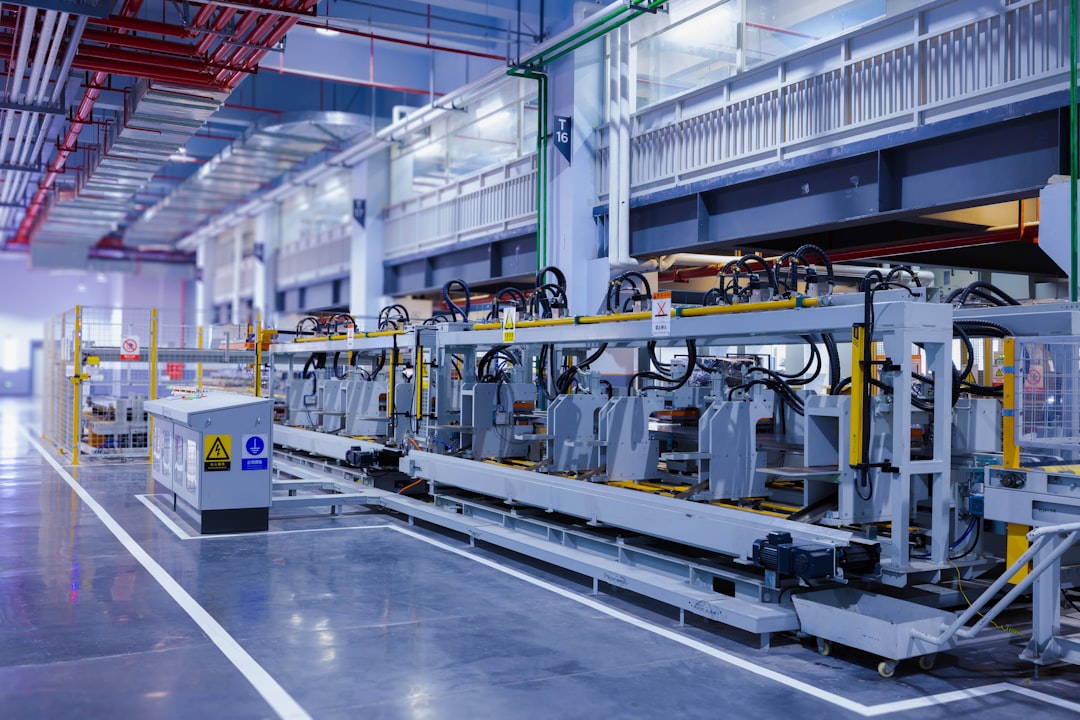The machinery manufacturing industry relies heavily on a consistent and reliable supply of high-quality steel. From the smallest components to the largest frames, steel forms the backbone of countless machines. Understanding the intricacies of steel supply is therefore paramount to ensuring efficient production, maintaining quality standards, and ultimately, achieving profitability. This comprehensive guide delves into the key aspects of securing the right steel for your machinery manufacturing needs.
Sourcing Steel: Navigating the Global Marketplace
The global steel market is vast and complex, presenting both opportunities and challenges for machinery manufacturers. Sourcing decisions must consider factors like grade, quantity, cost, and delivery times. Domestic suppliers offer the advantage of shorter lead times and potentially stronger relationships, but might have limitations in terms of specific grades or pricing. International suppliers can offer competitive pricing and access to specialized steel grades, but logistical complexities and potential trade barriers need careful consideration. Developing strong relationships with multiple reliable suppliers is crucial to mitigate risks associated with supply chain disruptions, price fluctuations, and potential quality issues. Due diligence, including thorough supplier audits and quality checks, is essential to ensure consistent supply of the required steel grades.
Steel Grade Selection: Precision Engineering Demands Precision Materials
The choice of steel grade is critical to the performance and longevity of the machinery being manufactured. Different applications demand different properties. High-strength low-alloy (HSLA) steels offer excellent strength-to-weight ratios, making them ideal for applications requiring both strength and reduced weight. Stainless steels provide superior corrosion resistance, essential for machinery operating in harsh environments. Tool steels possess exceptional hardness and wear resistance, suitable for cutting tools and other high-stress components. Understanding the specific mechanical properties – tensile strength, yield strength, ductility, hardness – of each grade is crucial for selecting the optimal material for each component. Close collaboration between engineers and steel suppliers ensures the correct steel grade is chosen, preventing costly rework or failures down the line.
Quality Control: Ensuring Consistent Performance
Maintaining consistent quality throughout the steel supply chain is non-negotiable. Machinery manufacturers should implement rigorous quality control measures at every stage, from initial material inspection to finished product testing. This includes verifying the chemical composition, mechanical properties, and dimensional accuracy of the steel received from suppliers. Regular testing and analysis of steel samples ensure compliance with specified standards and identify potential deviations early on. Implementing a robust quality management system (QMS), such as ISO 9001, provides a framework for managing and improving quality processes throughout the entire manufacturing process. Investing in advanced testing equipment and employing skilled quality control personnel are vital to ensuring the consistent quality of the final product.
Inventory Management: Balancing Supply and Demand
Effective inventory management is key to optimizing steel supply and minimizing disruptions to production. Holding excessive inventory ties up capital and increases storage costs, while insufficient stock can lead to production delays and missed deadlines. Implementing a robust inventory management system, utilizing techniques like Just-in-Time (JIT) inventory or vendor-managed inventory (VMI), can help balance supply and demand. Accurate demand forecasting, coupled with strong communication with suppliers, allows for timely ordering and minimizes the risk of stockouts or excess inventory. Sophisticated inventory management software can track steel consumption, predict future needs, and automate ordering processes, further enhancing efficiency and reducing costs.
The Impact of Steel Prices and Market Volatility on Machinery Manufacturing
Steel prices are subject to significant fluctuations influenced by global market conditions, raw material costs, and geopolitical events. These price swings can significantly impact the profitability of machinery manufacturers. Strategies to mitigate the impact of price volatility include hedging, long-term contracts with suppliers, and exploring alternative materials where appropriate. Closely monitoring steel market trends and developing contingency plans for price increases are crucial for maintaining profitability and stability. Diversifying sourcing strategies and building strong relationships with multiple suppliers can help mitigate the risk of disruptions caused by price spikes or supply chain issues. Careful cost analysis and value engineering can help identify opportunities to optimize material usage and reduce overall costs.
In conclusion, mastering steel supply chains is paramount for success in the machinery manufacturing industry. By carefully considering sourcing strategies, steel grade selection, quality control measures, inventory management techniques, and market volatility, manufacturers can ensure a consistent supply of high-quality steel, optimize production efficiency, and maintain profitability in a dynamic and competitive market.




